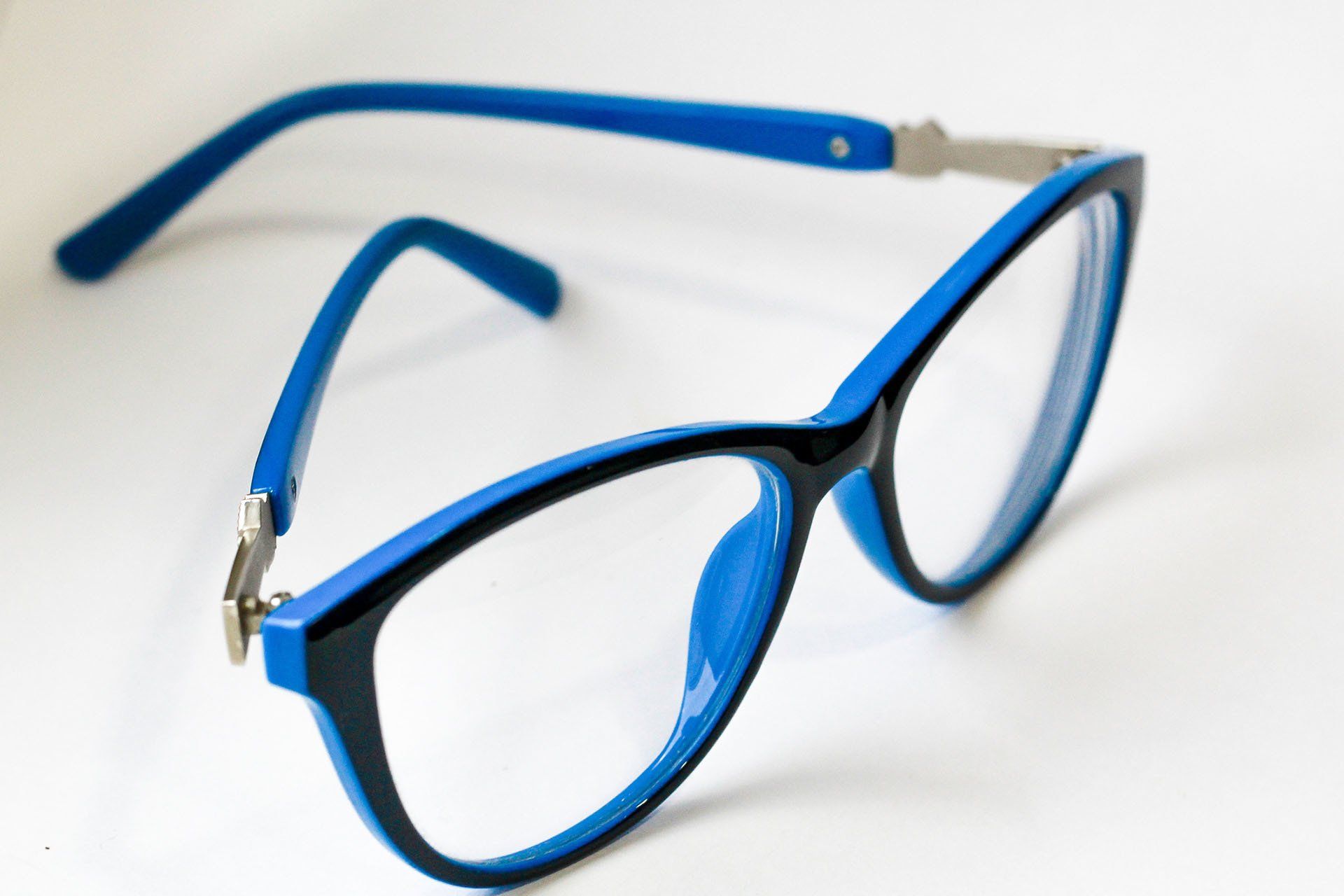Photochromic Lenses Versus Sunglasses: Which Is Right for You?
Both photochromic lenses (also known as transitions, after a popular brand of these lenses) and regular sunglasses can do an excellent job of cutting glare, preventing eye strain, and protecting your eyes against UV radiation. Photochromic lenses contain silver halides or organic photochromic ingredients that darken in bright light and lose their tint in low light conditions.
If you already wear glasses indoors, you may wonder whether you should purchase a separate pair of prescription sunglasses or simply wear photochromic lenses all the time. The answer to this question may depend on your particular environment, activities, and circumstances. Here are some specific scenarios that might cause you to choose one type of product over the other.
Traveling Light? Photochromic Lenses Make Sense
If you commonly wear eyeglasses to correct for nearsightedness, farsightedness, or some other refractive error, you may find yourself constantly switching between your indoor glasses and prescription sunglasses. You might even need to carry a separate case for each pair if the two frames feature significantly different shapes or sizes.
One major selling point for photochromic lenses lies in the fact that one pair of glasses can serve your optical needs, both indoors and out. If you prefer to travel unencumbered, or you worry about keeping track of two sets of glasses, photochromic lenses can provide the efficiency and convenience you seek. They can also spare you the expense of buying a second pair of corrective lenses.
Headed Into High Heat? Sunglasses May Perform Better
While photochromic lenses can darken significantly to bring you welcome glare relief in bright light, they still get only half as dark as the darkest sunglasses on the market, which can offer up to 97 percentopacity. They tend to darken less dramatically in high temperatures than in cold temperatures, unlike sunglasses, which maintain the same opacity level regardless of temperature.
If you mainly need eye protection for summertime activities, you may find that you get a darker, more satisfying tint and less glare from standard sunglasses. However, if you prefer winter sports, you should get excellent results from photochromic lenses in chilly climates. Just keep in mind that photochromic lenses may need extra time to brighten after they come in from the cold.
Going for a Drive? Go for Sunglasses
When you try to drive with photochromic lenses, you'll notice that the lenses don't achieve their maximum darkness levels. The light-sensitive substances in the lenses actually react to UV light, not visible light. Automotive glass may let plenty of visible light into your vehicle, but it also blocks a certain amount of UV radiation. As a result, your photochromic lenses may only darken by about 30 percent.
By contrast, the tint on your sunglasses should appear the same as always from inside your car. You may therefore find this option the more satisfactory one on bright days or long road trips, although you will have to switch to your everyday glasses as outdoor light levels change. Whichever kind of product you choose, adding polarization will help to reduce glare reflected upward from road surfaces.
Want the Right Solution for Every Scenario? Get Both
Since photochromic lenses and regular sunglasses each excel in different ways under different conditions, consider purchasing both. Your photochromic eyeglasses will help you enjoy clear, comfortable vision as you move from indoor to outdoor lighting and back again. Your prescription sunglasses can step for specialized situations such as hot summer days or drives.
No matter what kind of glare-blocking glasses you want, Fraser Optical can equip you with them. Contact us for a consultation so that we can discuss your eyewear needs and goals.












